ORIGINAL RESEARCH
Published on 22 Jul 2022
Evidence for metabolic diversity in Meso-Neoproterozoic stromatolites (Vazante Group, Brazil)
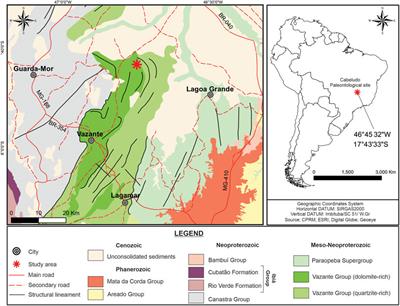
doi 10.3389/feart.2022.804194
- 3,395 views
- 9 citations
9,101
Total downloads
53k
Total views and downloads
Select the journal/section where you want your idea to be submitted:
ORIGINAL RESEARCH
Published on 22 Jul 2022

ORIGINAL RESEARCH
Published on 21 Jul 2022
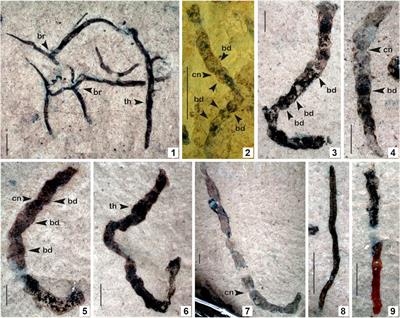
ORIGINAL RESEARCH
Published on 27 Jun 2022
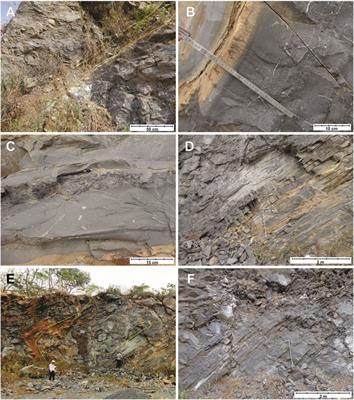
ORIGINAL RESEARCH
Published on 08 Jun 2022
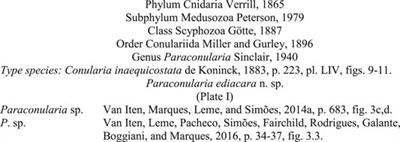
METHODS
Published on 30 Mar 2022
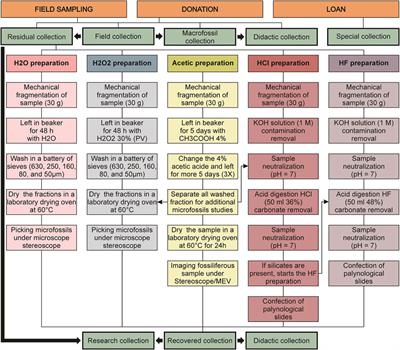
ORIGINAL RESEARCH
Published on 23 Feb 2022
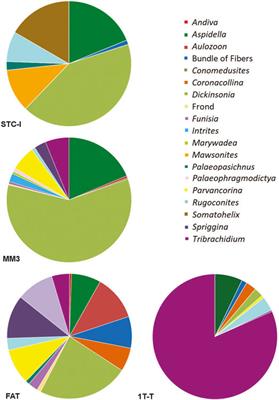
ORIGINAL RESEARCH
Published on 20 Jan 2022
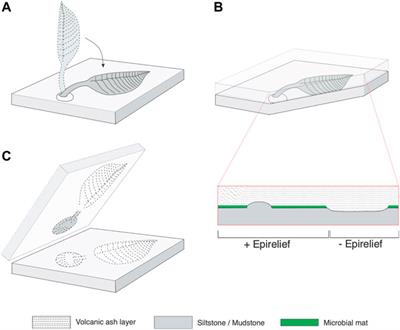
ORIGINAL RESEARCH
Published on 09 Dec 2021
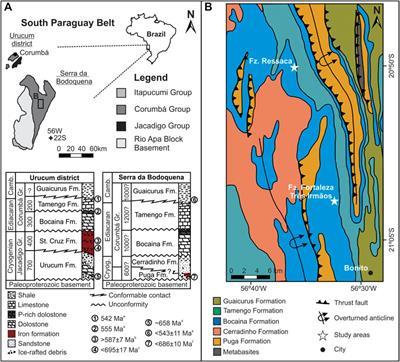
ORIGINAL RESEARCH
Published on 08 Dec 2021
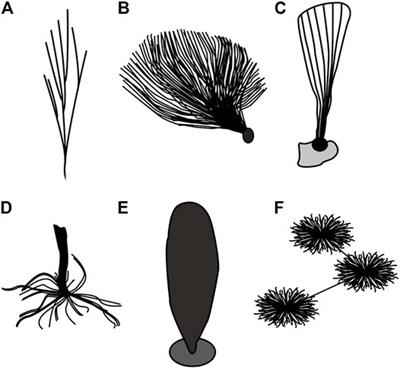
ORIGINAL RESEARCH
Published on 07 Dec 2021
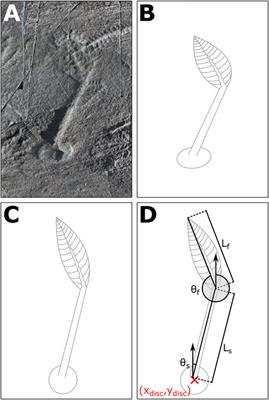
ORIGINAL RESEARCH
Published on 29 Oct 2021

ORIGINAL RESEARCH
Published on 18 Oct 2021
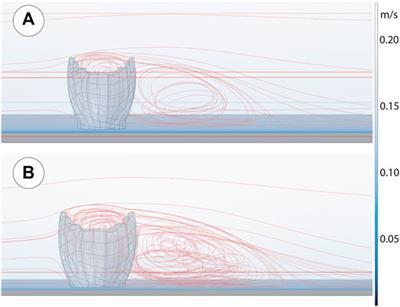

Frontiers in Ecology and Evolution